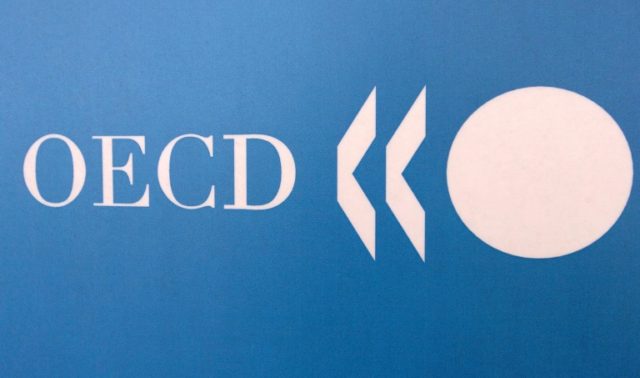Paris (AFP) – Prominent economists called Tuesday for an alternative measure of economic well-being, arguing in an OECD-backed work that the current focus on gross domestic product (GDP) is insufficient.
“There is no simple way of representing every aspect of well-being in a single number in the way GDP describes market economic output,” the Organisation for Economic Cooperation and Development said in a “short book” authored by well-known figures within the economic world.
“Subjective well-being measures are critical to assess the non-monetary costs and benefits of public programmes and policies,” it added.
Steps taken by countries from Ecuador and Scotland to Bhutan and New Zealand could point to policies that achieve their goals and “help in restoring people’s trust that public policies can deliver what we all care about: an equitable and sustainable society.”
“Beyond GDP: Measuring What Counts for Economic and Social Performance” is a compilation of chapters by economists including Joseph Stiglitz, Angus Deaton, Martine Durand and Thomas Piketty, some of whom have won Nobel Prizes, others who influence policy at the OECD or teach at prestigious universities.
It was officially presented at an OECD statistics forum in Incheon, South Korea, and calls for a “dashboard of indicators” that displays conditions faced by ordinary people throughout a complete economic cycle.
Measures limited to GDP and public debt, for example, fail to inform decision makers about the state of the environment, a population’s general and economic security, its trust in institutions, or the disparate treatment of different ethnic or racial groups.
The notion of an “Accountability Day” observed by the Dutch government and parliament was another initiative welcomed in the work.
While sometimes dismissed as an “anti-growth” agenda, the authors believe that use of a wider set of economic indicators to address the “Great Recession” a decade ago “would have led, most likely, to stronger GDP growth than that actually achieved by most countries in the aftermath of the crisis.”
The economists urged in addition that indicators be broken down “by age, gender, disability status, sexual orientation, education and other markers of social status in order to describe group differences in well-being outcomes.”

COMMENTS
Please let us know if you're having issues with commenting.